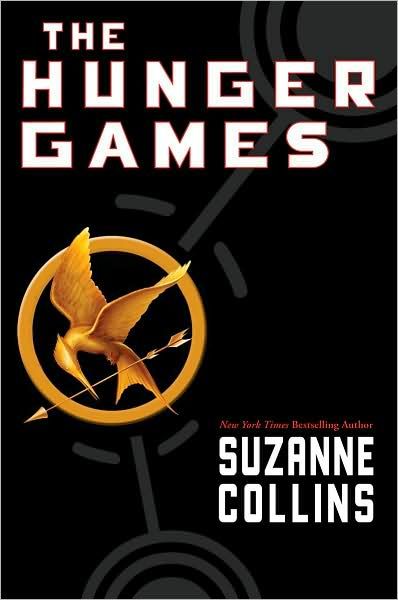
A few of them exist here in draft form, and I’m keeping others under wraps for now. But the fact is I’ve written six short stories mixing old folk tales and myths with relatively modern genres. While I dive headlong into to the rewrite of the novel currently entitled Citizen in the Wilds, I want to keep these yarns on the backburner, because I think there’s potential here to entertain and maybe inspire.
But I have no idea how good it is or how soon I can present it… or even what to call it!
Maybe I should hunt down an agent. I’ve been considering that possibility, as it may help relieve some of the pressure of hunting down everything that needs to be done in order to bring this thing to life, rather than having it lay around my metaphorical table like so many dead components. But how does one go about pitching an anthology? Is it as simple as saying “Hi, I wrote story X, Y, and Z and want to put them together, it’ll soar like an eagle in outer space and you totally wanna tap this”?
I’d like to hire an editor. Some of these stories are months or even years old. I’m certain they need work. I’m perfectly willing to put two in the chest and one in the face of any turns or beats that don’t work – I just need to know where to aim. Hopefully I can make arrangements for that after getting my feet under me again thanks to the new dayjob.
By the same token, I’m going to need a cover artist. If this anthology does make it to Kindles and Nooks and whatnot, there’s no way I’m letting it leave my sight when even the potential exists for it to look like it was put together by a scrub. It’s another step between the raw form of the stories and the finished anthology I’d be willing to pay for.
Finally, the whole thing needs a name. It’s something I’ve been thinking about, because how does one sum up the conceptualization of a Japanese mythic figure in a period horror piece, a Norse myth in the Old West, a Chinese celestial tale cast as a modern romance, a Grimm fairy tale dressed as superheroics, a Native American creation story in the dark streets of cyberpunk and a Greek myth played out through science fiction?
I’m still trying to figure it out. Ideas are welcome, as are volunteers to take a stab at the aforementioned aspects I can’t handle myself.





